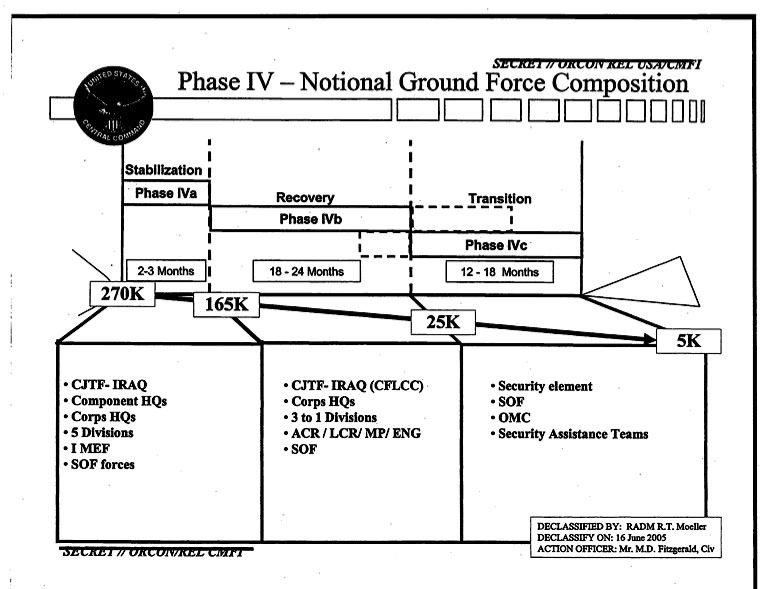Martin’s reached his 100th post and is reflecting on it.
This is emphatically not a ‘guide to becoming a blogger’ since I don’t think one person can tell someone else how to do that. Just my thoughts on my experience:
Firstly, I narrowed the focus. Previously I had tried to be a blogger for all people, but I found it necessary to have a specific subject area, in my case educational technology and e-learning. With this acting as a spine I could branch of occasionally in to other subjects (witness ramblings on football), but generally I found it easier to use this as a basis.
Secondly, I found an appropriate tone. I had struggled before with how to comment on, say, meetings I had been in. While ‘X was their usual curmudgeonly self’ may be true it is both libellous and not very interesting to others. So I tend to use the meetings as springboards for more general points.
Thirdly, I built up some momentum before I let people know about it. This was helped by writing a book at the time, so I had lots to say and time to say it.
Lastly, I began to think about everyday experiences in terms of blog postings…
He’s right about tone. One of the things our students find difficult about blogging is the difficulty of finding an authentic ‘voice’. Most people are unaccustomed to publishing their ideas in any kind of forum. So blogging presents a terrifying challenge; it raises awkward questions like: to whom am I addressing these semi-random thoughts? And why am I doing it anyway?

